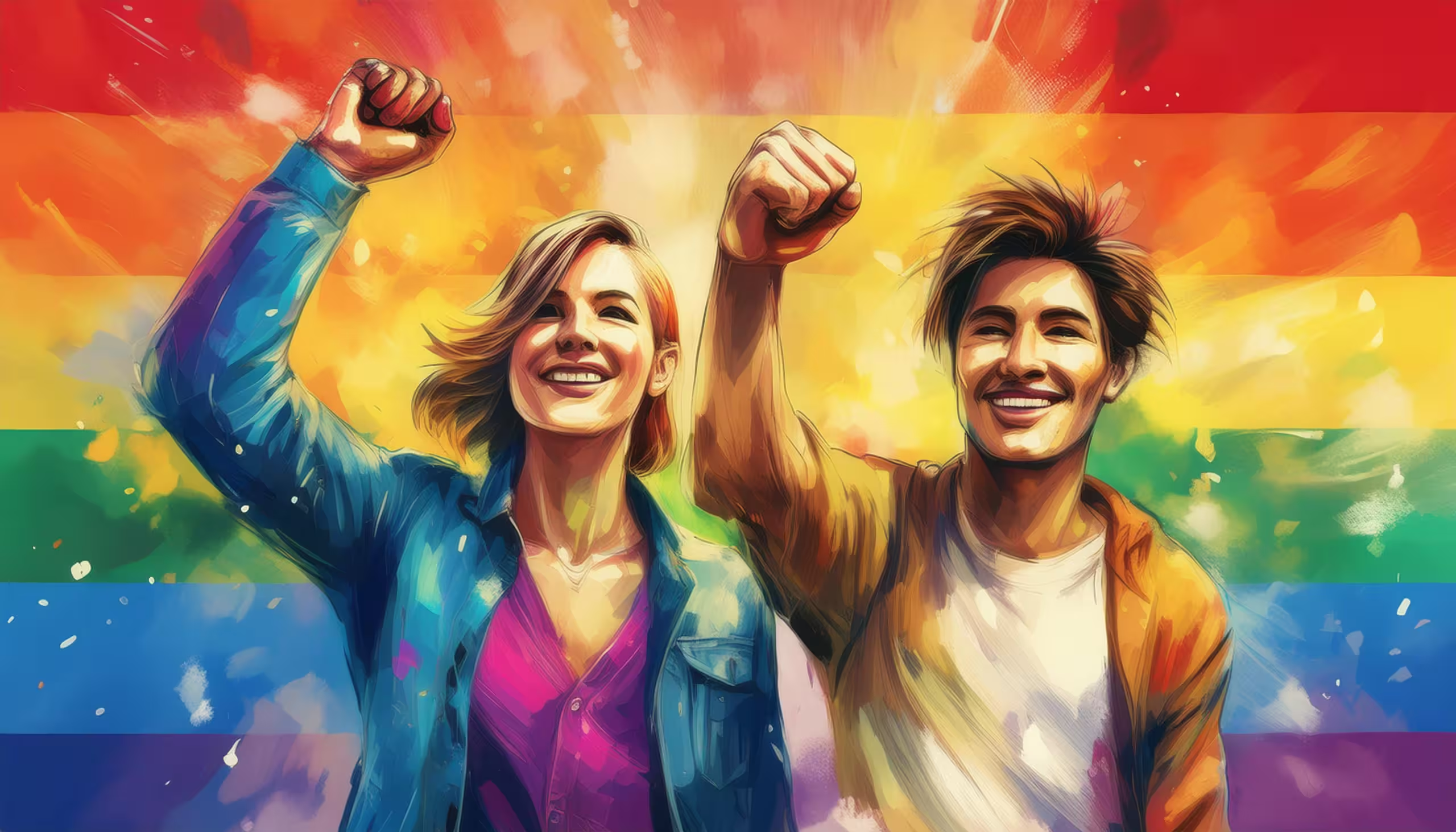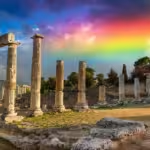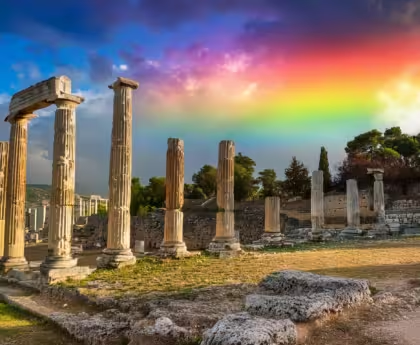An In-Depth Introduction to the LGBTQ Community: Definitions, History, and Culture
The LGBTQ community represents a diverse group of individuals with unique identities and experiences. Understanding this community begins with familiarising oneself with key terms and appreciating the historical and cultural context that shapes their experiences. This introduction to the LGBTQ+ community aims to educate and foster a deeper appreciation of its history and culture.
Definition and Acronyms
LGBTQ is an acronym that stands for Lesbian, Gay, Bisexual, Transgender, Queer or Questioning, and others. The ‘+’ symbolises the inclusion of other identities that fall outside the traditional heterosexual and cisgender norm. Here are some essential definitions:
- Lesbian: Women who are attracted to other women.
- Gay: Men who are attracted to other men, though it can also be used as a general term for homosexuality.
- Bisexual: Individuals attracted to more than one gender.
- Transgender: People whose gender identity differs from the sex they were assigned at birth.
- Queer: A reclaimed term that is an umbrella for all non-heterosexual and non-cisgender identities. It is also used by some as a specific identity.
- Questioning: Individuals exploring their sexual orientation or gender identity.
Beyond LGBTQ+, there are other important terms:
- Intersex: Individuals born with physical sex characteristics that don’t fit typical binary notions of male or female bodies.
- Asexual: Individuals who do not experience sexual attraction.
- Pansexual: People attracted to others regardless of their gender identity.

Importance of Understanding History and Culture
Learning about LGBTQ+ history is crucial for several reasons:

1. Recognising Struggles and Achievements
The LGBTQ community has faced significant challenges throughout history, from legal discrimination to social ostracism. Understanding these struggles is essential to appreciate the progress made and the work still required for equality. Historical milestones such as the Stonewall Riots of 1969 in New York City marked the beginning of the modern LGBTQ+ rights movement, highlighting the importance of activism and resilience.
2. Fostering Empathy and Inclusion
By learning about the history and culture of the LGBTQ community, we can foster a more inclusive and empathetic society. Knowledge of the past helps us understand the ongoing challenges faced by LGBTQ+ individuals, such as discrimination, violence, and mental health issues. This awareness can drive efforts to create supportive environments in workplaces, schools, and communities.


3. Celebrating Cultural Contributions
The LGBTQ community has made substantial contributions to arts, literature, science, and politics. Celebrating these achievements enriches our cultural landscape and recognises the diverse voices that have shaped our world. Figures like Alan Turing, a pioneering computer scientist, and Marsha P. Johnson, a key figure in the gay liberation movement, are integral to our collective history.
4. Supporting Youth and Future Generations
For young people exploring their identities, understanding the history and culture of the LGBTQ community can be empowering. It provides role models and a sense of belonging, helping them navigate their personal journeys with pride and confidence. Schools and families that incorporate LGBTQ+ history into their education systems can create more supportive and inclusive environments.


Conclusion
An introduction to the LGBTQ community is not complete without acknowledging its rich history and diverse culture. By understanding the definitions and acronyms, recognising the struggles and achievements, fostering empathy, celebrating cultural contributions, and supporting youth, we can contribute to a more inclusive society. This knowledge is not only valuable for those within the LGBTQ community but for everyone who wishes to be an ally and advocate for equality.
Introduction to the LGBTQ Community
Hashtag
#LGBTQCommunity #IntroductionToLGBTQ #LGBTQHistory #LGBTQCulture #LGBTQAcronyms #LGBTQDefinitions #LGBTQEducation #LGBTQSupport #LGBTQInclusion #LGBTQAwareness #LGBTQRights #LGBTQEquality #LGBTQYouth #LGBTQRoleModels #LGBTQContributions #LGBTQEmpathy #LGBTQUnderstanding #LGBTQAlly #LGBTQAdvocacy #LGBTQStruggles #LGBTQAchievements #LGBTQAcceptance #LGBTQVisibility #LGBTQIdentity #LGBTQCommunitySupport






